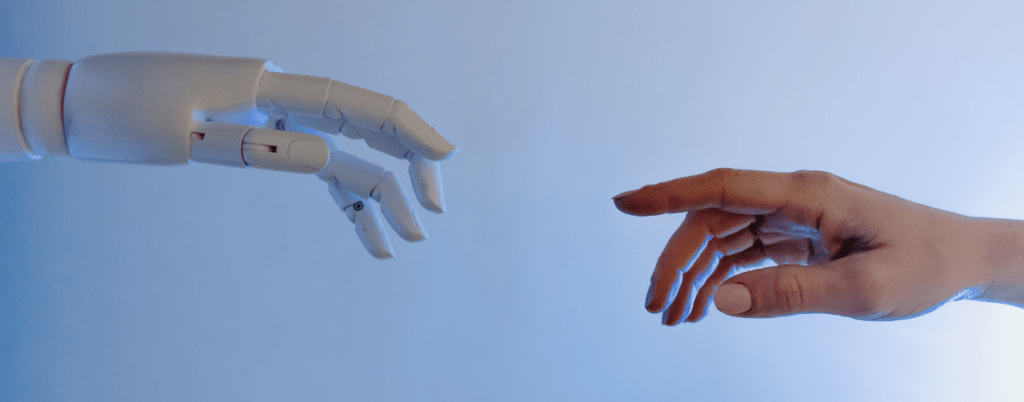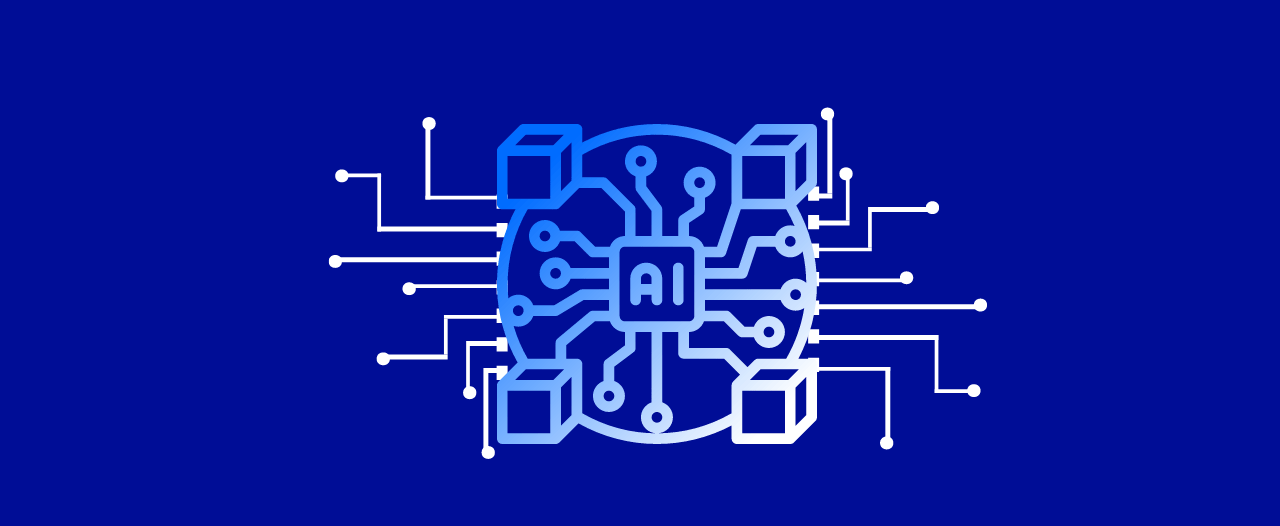Artificial intelligence (AI) has come a long way, and its advances in the field of translation are attracting growing interest. Despite the remarkable progress being made, the fundamental question remains: can AI compete with human translation? ? The answers to this question swing between optimism and caution, highlighting the advantages of each approach while acknowledging their respective limitations.
How can AI be used to improve the productivity of human translators?
L’intégration de l’intelligence artificielle peut grandement améliorer la productivité des traducteurs humains. The integration of artificial intelligence can greatly improve the productivity of human translators. By automating simple and repetitive translation tasks, AI frees up translators’ time to focus on more complex and creative aspects of their work. Computer Aided Translation (CAT) uses machine learning algorithms to expedite the translation process. They also provide translation memories that facilitate consistency and efficiency.
The quality of machine translation compared with human translation
However, despite the promising advances artificial intelligence, still faces major challenges in terms of the quality of translation compared with that of humans. Linguistic complexity and cultural subtleties represent significant obstacles for AI systems, which struggle to fully grasp these nuances. Human translators, on the other hand, with their keen understanding of languages and sensitivity to context, remain irreplaceable in many situations, being able to provide accurate and nuanced translations that are faithful to the author’s original intent.
So while artificial intelligence is a valuable tool in the translation process, it cannot compete with human expertise in terms of quality and depth. Translators continue to play a vital role, particularly where accuracy, adaptability and cultural sensitivity are required to produce high-quality translations.

The limits of AI in translation
The increasing use of AI in translation highlights the challenges faced by this technology. The main obstacles include understanding cultural context, word ambiguity, lesser-used languages, style and tone, and confidentiality concerns. AI may have difficulty understanding the cultural nuances and specific connotations of terms and expressions in a given language, which can lead to translation errors. Furthermore, as words can have multiple meanings, ambiguity presents an additional challenge for AI systems, which may produce inaccurate translations as a result.
Less common languages also pose a challenge, as the data to train models may be lacking, which can also affect the accuracy of translations. In addition, AI may struggle to capture the tone and style of a text, which can lead to translations that do not accurately reflect the author’s voice or intent. Finally, the issue of confidentiality must be taken into account, as the use of AI for translation may involve handling sensitive data that requires appropriate protection.
The ethical implications of using AI in translation
The constant evolution of artificial intelligence in translation presents both advantages and disadvantages for speakers of different languages. However, this development also raises important ethical concerns. Firstly, it is crucial to recognise that AI can be subject to biases, which can be reflected in the translations it produces. These biases can arise from a variety of factors such as the data source used to train the model, and the choice of examples, and algorithms.
Failure to identify and correct these biases can lead to translations that reflect cultural prejudices and stereotypes. In addition, the use of AI can raise confidentiality concerns. The disclosure or misuse of translated information can have serious consequences for the individuals or organisations concerned. Finally, the increasing automation of translation through AI may impact on the employment of professional translators, which may also affect the quality and accuracy of translations. It is therefore essential to recognise the significant ethical implications of using AI in translation.
Artificial intelligence, the translator of tomorrow?
In conclusion, artificial intelligence represents an additional tool among the many computer assisted translation solutions available, but it does not yet match the performance and rigour of a human translator. Human expertise remains indispensable, especially in certain specific fields or languages. . Although machine translation offers an alternative solution for certain projects, it must always be accompanied by human scrutiny to ensure optimum quality. Linguistic nuances and cultural subtleties are often beyond the capabilities of AI systems. As a result, human translation remains essential in many situations, particularly for texts requiring precision, in-depth understanding or certification.
To find out more about machine translation, click here.
